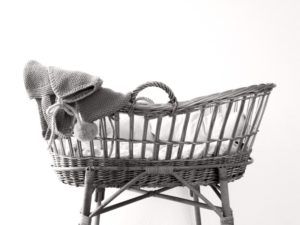
Our very own Katherine Patterson opens up about her pregnancy loss and why we should never give up hope.
There’s an uncomfortable reaction around the word ‘miscarriage.’ For those hearing the news, and for those who bear it, communication can feel awkward and superficial. Unlike a death of a friend, a parent or a grandparent, there seems to still be a resounding taboo around knowing what to say or do in response to the loss of a baby that hasn’t yet been introduced to us.
This taboo extends to women’s bodies, especially women’s bleeding, whether it be menstruation or miscarriage.
It seems to make people feel very uncomfortable, perhaps because the subject either gets politely avoided or swept under the rug.
“People don’t want to know,” said Julia Bueno, a London-based psychotherapist and author of On the Brink of Being: Talking About Miscarriage.
“It has taken a woefully long time for miscarriage to be taken seriously by the medical profession.” In the absence of knowledge and data, Bueno noted, women in their desperation for an explanation will find reasons to blame themselves. “They’ll say, ‘Oh, I shouldn’t have had that cup of coffee.’ The void creates a strong pull to blame oneself.”
View interview with Katherine Patterson on the British American Household Staffing blog.